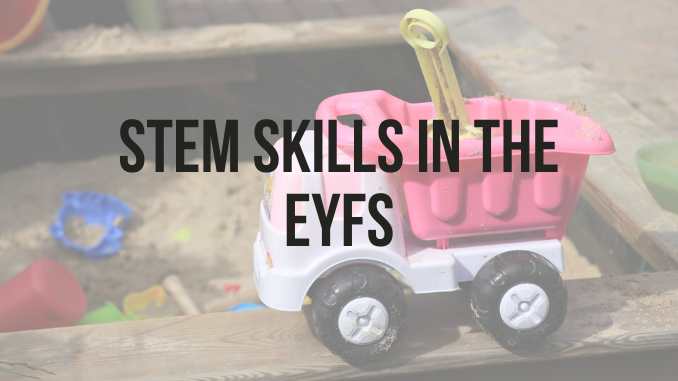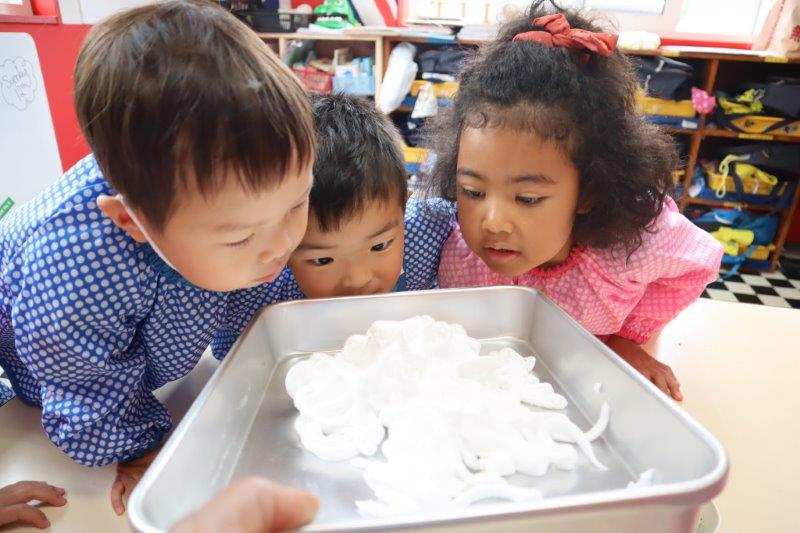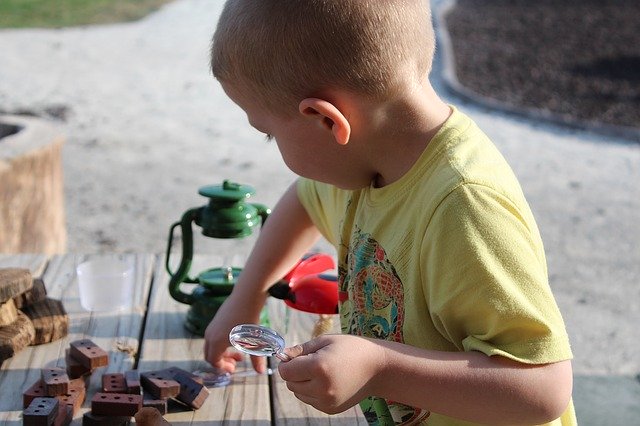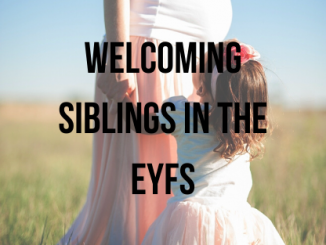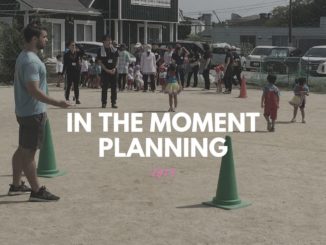If you’ve had much to do with education or parenting in the last few years then it’s likely that you will have heard the terms STEM or STEAM and noticed an emphasis on these kinds of skills. These are skills that are already integral to the EYFS but there are ways in which they can be enhanced within the curriculum to offer further learning opportunities to EYFS children and begin building these skills before they even hit compulsory school age.
What are STEM skills?
For the last few years ‘STEM’ has been a real buzzword in the education world, and more recently the term ‘STEAM’ has been doing the rounds. STEM is Science, Technology, Engineering and Mathematics, whilst STEAM makes the inclusion of ‘Arts’. STEM skills are simply skills that complement learning within these categories, or are needed for employment within these sectors.
Why are they important?
STEM first became a focus in response to the growing demand for skills in the job market. According to Forbes magazine 70% of organisations name “capability gaps” i.e. gaps in skills and knowledge in the workforce as one of their biggest challenges. With major expansion of these industries, and lack of suitable recruits, STEM education seems absolutely imperative.
There is also a Gender and Equality issue driving the promotion of STEM Education; STEM based sectors are disproportionately male dominated. Computer programming for example, is 75% male, 25% female.
STEM advocates though are keen to stress that STEM education is about more than rolling out a higher number of computer science graduates for the workforce. Dr. Ramaley, credited as launching the first STEM focussed education initiative, linked science education to critical thinking and analytic skills; “[it is]impossible to make wise personal decisions, exercise good citizenship, or compete in an increasingly global economy without knowledge of science and the ability to apply [it] thoughtfully and appropriately.” Showing that STEM has a much broader reach than the specific subjects it focuses on.
This more ‘holistic’ picture of STEM education seems to be backed up with statistics; schools utilising a STEM-based curriculum have shown improved grades and test scores across the board as well as higher levels of engagement in school.
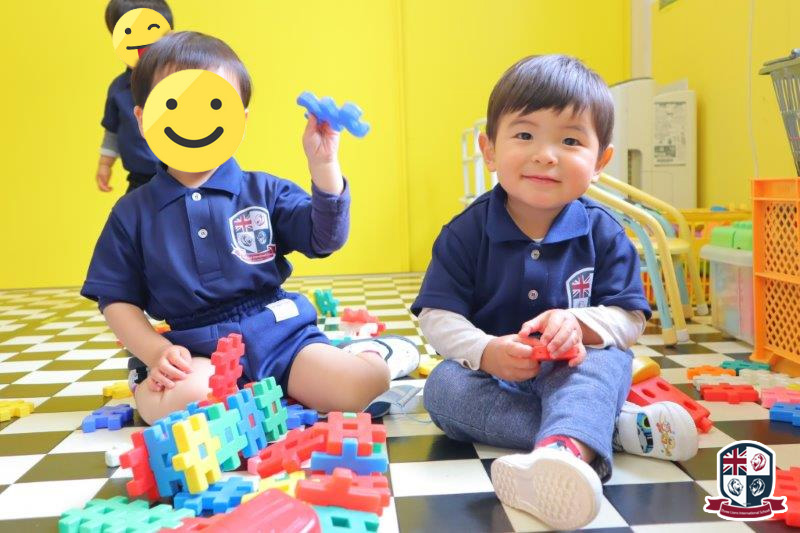
How does the EYFS recognise this kind of learning?
The reach of the educational STEM movement has been somewhat limited by funding issues. Whilst partnerships with big Tech or Engineering firms have been possible within some locations and school systems it has not been the case universally and so finding ways for STEM to be integrated within what is already available is vital.
It is also important to note that the STEM education movement has been largely focussed at secondary school with some programs suitable for primary school (Key Stage 1 and 2) beginning to emerge. However, the EYFS and in particular the preschool age group is an area in which there is plenty of room for development. In fact, this age group is naturally primed for STEM education as the way that young children play and learn is focussed on hands-on learning, experimentation and curiosity.
The EYFS itself leaves plenty of room for practitioners to pursue a STEM model of learning, or activities that help to develop STEM skills. Whilst we don’t find ‘Science’ specifically mentioned in the EYFS, the specific area of learning labelled ‘Understanding the World’ encompasses many of the skills associated with STEM. “Talks about why things happen and why things work” “Looks closely at similarities, differences, patterns and change” and “Uses ICT hardware to interact with age-appropriate computer software” all fall within the ‘Understanding the World’ area of learning.
Mathematics is considered a specific area of learning too and encompasses a range of different skills including working with number and shape, space and measure.
Engineering skills can also be found in the EYFS, though they are not in one simple category and can instead be found in a number of different ‘areas of learning’ For example, “Uses simple tools to effect changes to materials” and “Handles tools, objects, construction and malleable materials safely and with increasing control” can be found as part of ‘Physical Development’ “Uses familiar objects and common shapes to create and recreate patterns and build models” is part of Mathematics and “Children recognise that a range of technology is used in places such as homes and schools. They select and use technology for particular purposes.” is the Early learning Goal for ‘Understanding the World’ So whilst there is not a specific area dedicated to engineering skills we can see that this kind of learning is certainly supported by the EYFS.
What do STEM skills look like in the EYFS?
Like any other kind of learning STEM skills in the EYFS should be taught predominantly through plenty of play-based opportunities.
Science skills should be approached very broadly; rather than trying to teach specific scientific concepts we should aim to provoke curiosity, questions and experimentation. Skills like hypothesising and finding ways to retrieve information through experiments are much more important than children knowing the water cycle for instance.
In primary and secondary STEM learning, work is project based and collaborative in order to replicate a similar methodology to a lot of STEM professionals’ work. This also allows for the building and assessment of skills such as teamwork or problem solving and could fit in well with the broader, more holistic nature of the EYFS.
STEM advocates suggest assessment for older children in the form of producing something (a presentation, a poster, a model, a report) which is a more qualitative assessment. In line with this, students must be given permission to get things wrong, or have projects not work out, and should not penalised for doing so. This aims to produce perseverance and resilience needed for innovation in STEM industries and is again, a good fit with EYFS principles which should value process over product.
It is important though to recognise STEM skills as valuable in and of themselves and not merely in response to a gap in the labour market.

